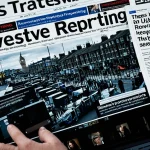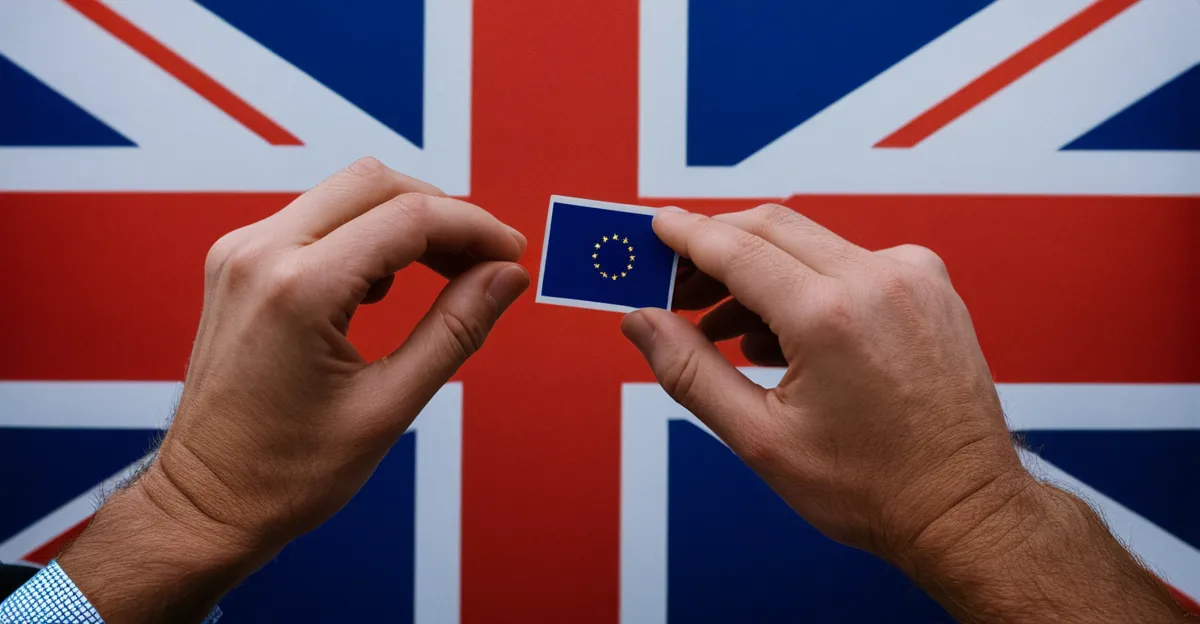Hidden Shifts in UK Cultural Attitudes Since Brexit
Brexit has stirred a profound cultural impact, prompting a notable identity shift within the UK. Public sentiment regarding Britishness has evolved, with many citizens revisiting what it means to be British. This cultural re-examination often reflects a tension between a desire for national sovereignty and concerns about inclusivity, deeply affecting social values.
Debates surrounding Brexit have heightened awareness of social change, challenging traditional views on multiculturalism. For some, these discussions have fueled a sense of unity rooted in shared national identity. For others, they have amplified feelings of exclusion, highlighting divisions on belonging and acceptance. This nuanced shift in public attitudes showcases how the cultural impact of Brexit extends beyond politics, reshaping collective identity.
Have you seen this : How is investigative journalism evolving in the UK?
Shifting ideas about multiculturalism are key. While some communities embrace diversity as an essential part of modern Britishness, others perceive it as a threat to established norms. These contrasting perceptions, driven by Brexit discourse, continue to influence social cohesion and the broader cultural landscape in the UK. Understanding this evolving cultural impact helps illuminate the complex ways Brexit has redefined public sentiment and identity.
Evolving Patterns in Social Cohesion and Community Relations
Brexit has introduced significant shifts in social cohesion post-Brexit, with trust between communities and social groups experiencing strain. The process of leaving the EU intensified feelings of division, often along regional and demographic lines, revealing important regional dynamics. Areas with stronger pro-Remain sentiment sometimes viewed Leave-supporting communities with suspicion, while opposite perspectives also hardened, resulting in a complex patchwork of community division.
This might interest you : How is the UK planning to enhance cybersecurity infrastructure?
These fractures are not uniform; some regions have seen deeper divides due to historical, economic, and political contexts. For example, post-industrial regions with economic challenges have experienced sharper tensions, highlighting how Brexit magnified existing social fault lines. Yet, amidst this, many local initiatives have emerged dedicated to mending these rifts. Community programs focusing on dialogue and cultural exchange seek to rebuild trust and understanding.
The cultural impact of Brexit on social cohesion is thus twofold: while it has exposed and deepened divisions, it has simultaneously motivated efforts aimed at reconciliation. Understanding this duality is essential to grasp the ongoing transformation of community relations in the UK today.






